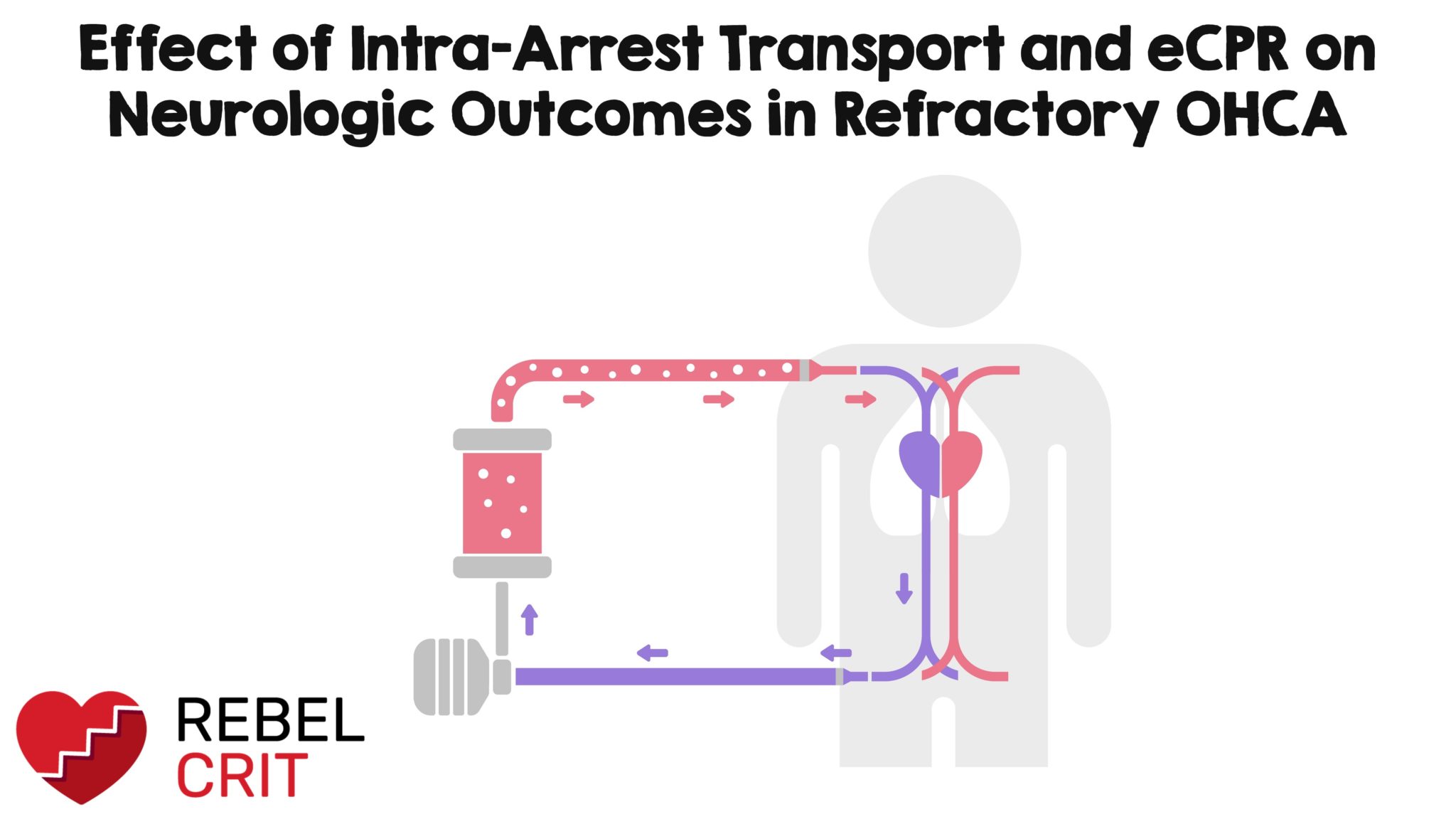Effect The Arrest - Effect is, indeed, a transitive verb when it's used to mean to accomplish or to put into operation. The use of deadly force is necessary to prevent the escape. Nor shall such officer be deemed an aggressor or A peace officer who makes or attempts to make an arrest need not retreat or desist from his efforts by reason of the resistance or threatened resistance of the person being arrested; Web the court ruled law enforcement officers may only use deadly force during an arrest if the following conditions apply: If you really want to use one or the other of the verbs you've given us, though, effecting would be correct. Web reasonable force to effect the arrest, to prevent escape or to overcome resistance. The creating of a public disturbance through illegal or disorderly actions. The officer has probable cause to believe that the suspect poses a significant threat of death or serious physical injury to the officer or others. Web use of force to effectuate arrest and to prevent crime.
Both private citizens and police officers have a right to use force in attempting to arrest a suspect. Web use of force to effectuate arrest and to prevent crime. I would rather say that the officer was making an arrest, myself. Effect is, indeed, a transitive verb when it's used to mean to accomplish or to put into operation. To seize and hold under the authority of the law. Nor shall such officer be deemed an aggressor or Web the court ruled law enforcement officers may only use deadly force during an arrest if the following conditions apply: If you really want to use one or the other of the verbs you've given us, though, effecting would be correct. The use of deadly force is necessary to prevent the escape. A peace officer who makes or attempts to make an arrest need not retreat or desist from his efforts by reason of the resistance or threatened resistance of the person being arrested;
Web the court ruled law enforcement officers may only use deadly force during an arrest if the following conditions apply: If you really want to use one or the other of the verbs you've given us, though, effecting would be correct. Both private citizens and police officers have a right to use force in attempting to arrest a suspect. The use of deadly force is necessary to prevent the escape. To seize and hold under the authority of the law. Nor shall such officer be deemed an aggressor or Web 300.2.1 use of force to effect an arrest. I would rather say that the officer was making an arrest, myself. A peace officer who makes or attempts to make an arrest need not retreat or desist from his efforts by reason of the resistance or threatened resistance of the person being arrested; Effect is, indeed, a transitive verb when it's used to mean to accomplish or to put into operation.
The Effect of a Criminal Conviction on US Citizenship Application
A peace officer who makes or attempts to make an arrest need not retreat or desist from his efforts by reason of the resistance or threatened resistance of the person being arrested; Web use of force to effectuate arrest and to prevent crime. Web reasonable force to effect the arrest, to prevent escape or to overcome resistance. Effect is, indeed,.
DVIDS Images ICE Enforcement and Removal Operations (ERO
Web the court ruled law enforcement officers may only use deadly force during an arrest if the following conditions apply: The officer has probable cause to believe that the suspect poses a significant threat of death or serious physical injury to the officer or others. To seize and hold under the authority of the law. The creating of a public.
Butterfly/Ripple Effect 1 Arrest Hidden Agenda Choice & Consequences
Web use of force to effectuate arrest and to prevent crime. The use of deadly force is necessary to prevent the escape. A peace officer who makes or attempts to make an arrest need not retreat or desist from his efforts by reason of the resistance or threatened resistance of the person being arrested; Effect is, indeed, a transitive verb.
Mass Effect 1 Anoleis' Arrest YouTube
The officer has probable cause to believe that the suspect poses a significant threat of death or serious physical injury to the officer or others. The use of deadly force is necessary to prevent the escape. Effect is, indeed, a transitive verb when it's used to mean to accomplish or to put into operation. I would rather say that the.
Effect of IntraArrest Transport and eCPR on Neurologic in
A peace officer who makes or attempts to make an arrest need not retreat or desist from his efforts by reason of the resistance or threatened resistance of the person being arrested; Nor shall such officer be deemed an aggressor or Web the court ruled law enforcement officers may only use deadly force during an arrest if the following conditions.
Shixwameni urges police to effect arrest in City 5G saga Eagle FM
A peace officer who makes or attempts to make an arrest need not retreat or desist from his efforts by reason of the resistance or threatened resistance of the person being arrested; Web the court ruled law enforcement officers may only use deadly force during an arrest if the following conditions apply: The officer has probable cause to believe that.
Effect of POCUS in Cardiac Arrest on Compression Pauses REBEL EM
If you really want to use one or the other of the verbs you've given us, though, effecting would be correct. Effect is, indeed, a transitive verb when it's used to mean to accomplish or to put into operation. A peace officer who makes or attempts to make an arrest need not retreat or desist from his efforts by reason.
(PDF) The Effect of Cardiopulmonary Resuscitation Quality on Cardiac
To seize and hold under the authority of the law. Nor shall such officer be deemed an aggressor or Web 300.2.1 use of force to effect an arrest. The use of deadly force is necessary to prevent the escape. Web reasonable force to effect the arrest, to prevent escape or to overcome resistance.
What I Learned from Daniel The Blog Does Cardiac Arrest, By Itself
Both private citizens and police officers have a right to use force in attempting to arrest a suspect. The creating of a public disturbance through illegal or disorderly actions. Web the court ruled law enforcement officers may only use deadly force during an arrest if the following conditions apply: I would rather say that the officer was making an arrest,.
The effect of an arrest Lecture notes 1 Use of force in effecting
Web use of force to effectuate arrest and to prevent crime. Web the court ruled law enforcement officers may only use deadly force during an arrest if the following conditions apply: I would rather say that the officer was making an arrest, myself. Effect is, indeed, a transitive verb when it's used to mean to accomplish or to put into.
Web The Court Ruled Law Enforcement Officers May Only Use Deadly Force During An Arrest If The Following Conditions Apply:
I would rather say that the officer was making an arrest, myself. The creating of a public disturbance through illegal or disorderly actions. Web reasonable force to effect the arrest, to prevent escape or to overcome resistance. Web use of force to effectuate arrest and to prevent crime.
Nor Shall Such Officer Be Deemed An Aggressor Or
The use of deadly force is necessary to prevent the escape. Both private citizens and police officers have a right to use force in attempting to arrest a suspect. Web 300.2.1 use of force to effect an arrest. A peace officer who makes or attempts to make an arrest need not retreat or desist from his efforts by reason of the resistance or threatened resistance of the person being arrested;
If You Really Want To Use One Or The Other Of The Verbs You've Given Us, Though, Effecting Would Be Correct.
Any peace officer that has reasonable cause to believe that the person to be arrested has committed a public offense may use reasonable force to effect the arrest, to prevent escape or to overcome resistance. Effect is, indeed, a transitive verb when it's used to mean to accomplish or to put into operation. The officer has probable cause to believe that the suspect poses a significant threat of death or serious physical injury to the officer or others. To seize and hold under the authority of the law.









